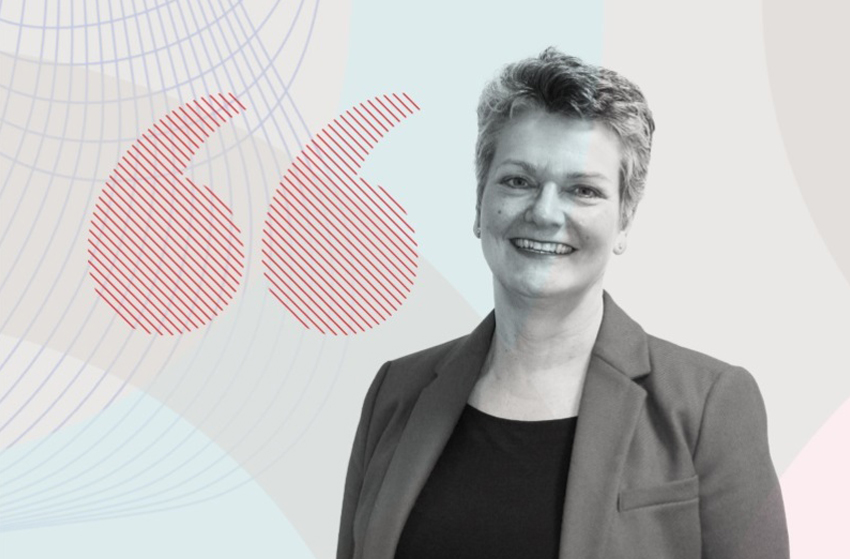The HE sector is in the midst of a perfect storm of disruption and according to the recent Policy Exchange report is at a crossroads. Tessa Harrison, who until last month was the Executive Director of Education & Students at King’s College London and now joins us as our new Education Partner, reflects on what’s uppermost in the minds of university leaders.
First and foremost at the time of writing is the imminent threat to all of us of the Coronavirus. Notwithstanding this immediate challenge, is the longer term need for institutions to secure their market position and financial sustainability. Governing bodies and executive teams are bent upon aligning their future focussed strategic priorities with the resources available to deliver them. Depending on which part of the sector an institution is situated they will either be growing student numbers at an unprecedented rate but struggling to keep pace with the concomitant pressures on their estate and operations or they will be working out how to avoid the inevitable as student numbers decline and as Brexit delivers what many in HE fear will be the end of civilisation. Scrutiny of league tables, reputation management and an insatiable demand for data to examine every aspect of an institution’s positioning and performance is now the expected norm for leaders and managers at every level.
There is a wide variation in the income profile of HE institutions, but the expenditure profile is remarkably similar with the largest proportion of spend being on staff. This is exacerbated by the recently increased pension contributions following the USS re-evaluation and increased costs to correct longstanding equal pay gaps as well as the reversal of previous outsourcing decisions. The issue of vice-chancellor pay remains a difficult one following recent high-profile cases highlighting the growing gap between the highest and the lowest paid. Industrial relations remain on high alert with industrial action taking place in over 70 institutions.
Putting students at the heart of the system has brought about a significantly changed relationship between institutions and their students. The Office for Students expects universities to see students as partners in a shared leadership model. Student representation has always been a part of university discourse and decision making but the rise of student complaints via social media has caught institutions, used to two or three stage complaints procedures, off guard. A consumer driven service culture is challenging the traditionally bureaucratic regulations and procedures familiar to university leaders and managers.
Then there is academic culture. Change in universities is made especially hard by the predominance of multiple cultures, often in direct conflict with each other, though united in their disinclination for more corporate led environments. It is precisely this that dooms many leadership and transformation programmes in our HE institutions to failure. Too many have tried unsuccessfully to introduce corporate initiatives and paid too little attention to their translation into the university setting.
Three ‘wicked problems’ facing university leaders were recently identified in a WonkHE article as being the alignment of the organisational, academic and regulatory worlds; making headway on equality diversity and inclusion and being compassionate environments for the sake of all our mental health. These are not unique wicked problems for HE. The Policy Exchange report referenced above lists a number of actions that universities need to take urgently to “close the gap in perception between how the sector sees itself and how others see it”.
The confidence of, and trust in, leadership, governance and management at every level is where the real challenge for our institutions is. Since joining GatenbySanderson a month ago, I have discovered an organisation that is uniquely able to draw on a long track record of recruiting and developing public sector, not for profit and education leaders and leadership teams with the skills, values and mindsets needed to rebuild trust and transform.
I am looking forward to meeting with as many leaders in higher education over the coming months to discuss their specific and shared leadership and talent transformation issues, share our insights and explore how we at GatenbySanderson can help.
Tessa Harrison, Partner, Education
